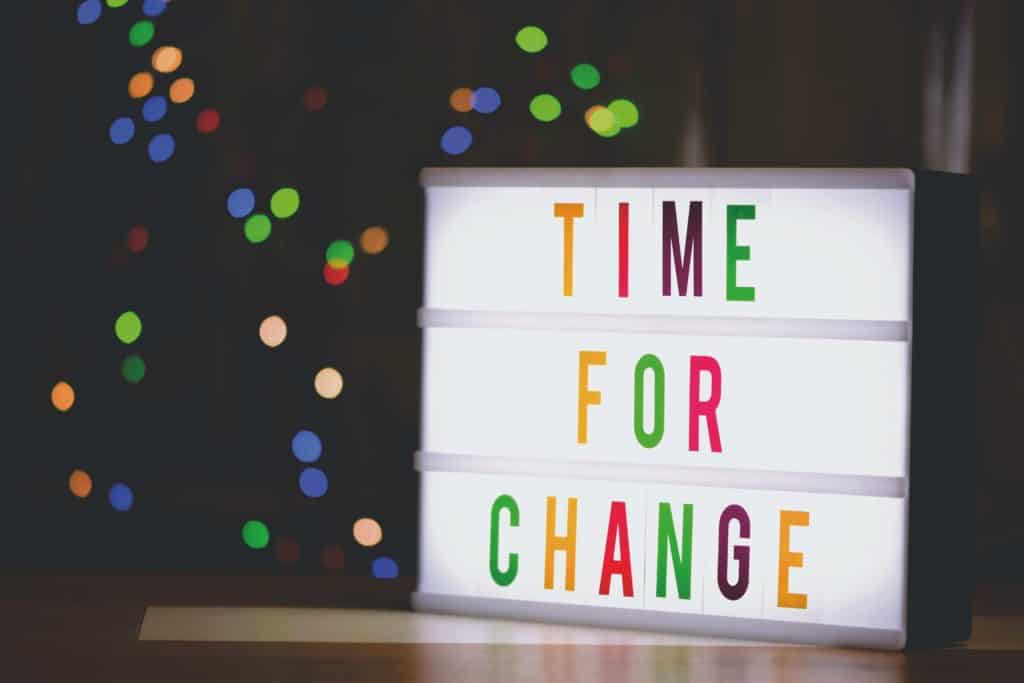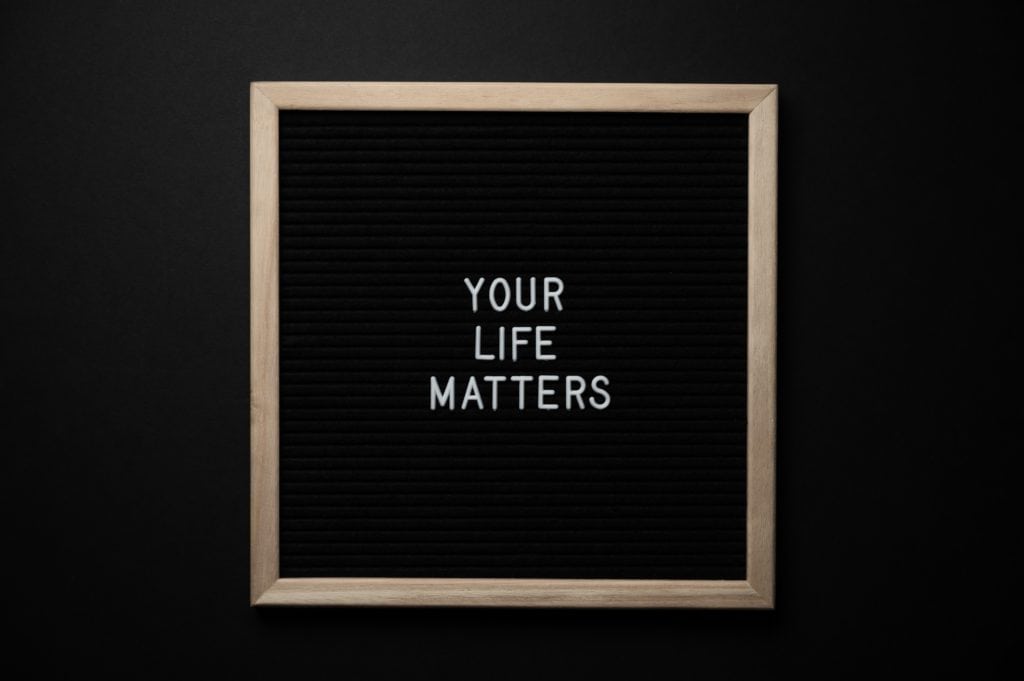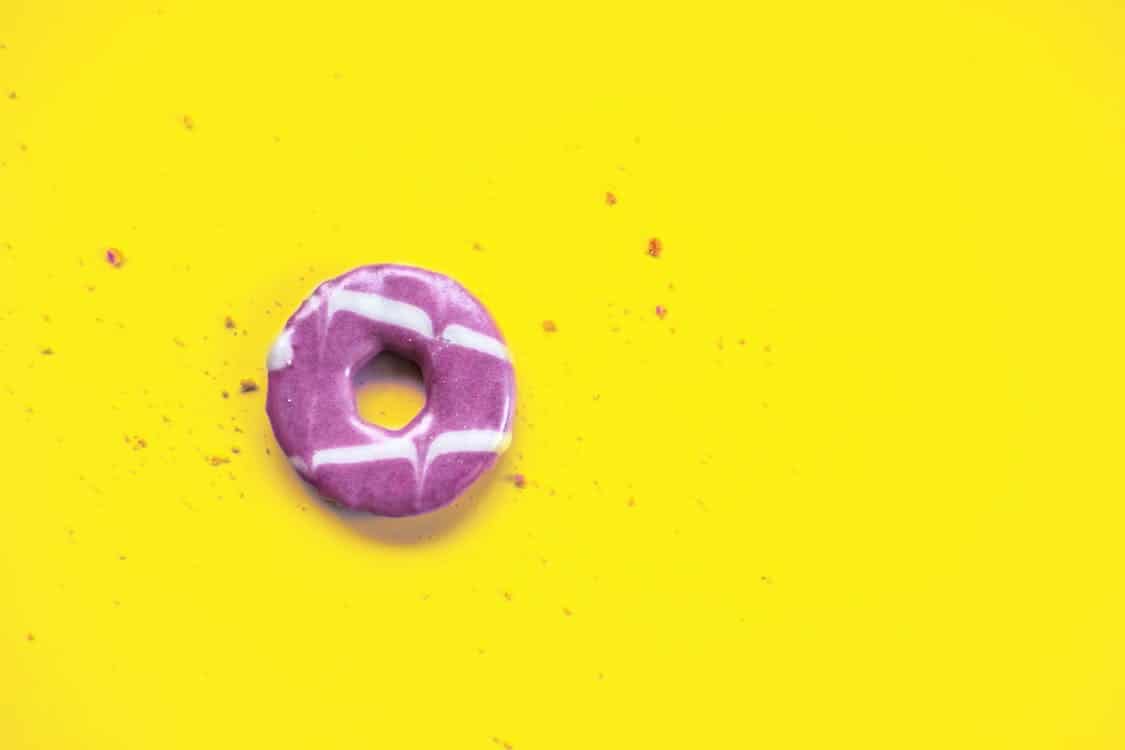One of the very first things that stood out to me about hypnosis both from my own personal experience on the receiving end and from going on to train to become a master clinical hypnotherapist was its focus on the positives.
And I am not talking about brute “positive thinking” or any variation of pretending things are ok when they’re not.
I mean its focus on learning what you want not what you think the world wants of you.
I mean it’s focus on learning how to make the changes you want to make versus hoping for change to show up.
I mean its focus on what you can do versus what someone else can do or on what might happen out there.
I mean its focus on stepping from being a passive part of your treatment to being empowered in your own healing.
It sounds obvious but the experience of this was groundbreaking for me.
It was also in every sense of the term life changing.
Up until I had my first experience of hypnosis (formally that is, because hypnosis is a normal and natural state we go into and out of every day of our lives so before I had a word for it I’d been doing it) the majority of therapy I’d done (and I had done an abundance of therapy) seemed to have been focused on the negatives.
Talking about what was wrong.
Taking guesses as to where it may have gone wrong.
Talking about how helpless and hopeless and just generally useless I felt.
Talking about how desperately I wished things were different or that I could undo or unlearn all I’d learned to get myself into an eating disorder.
Really delving good and deep and long into all that was wrong with me and how utterly inadequate I was…
All of which steered me further away from understanding and developing the skills to address what was within my control to change so that my future could be different from my past.
The Illusion

Spending all your time exploring how bad things are now, all the places’ things may have started to go wrong and how you’re failing to recover my feel of use. At least momentarily.
If I could only understand where things have gone wrong, if I could find the route of my dysfunction somewhere back there in my past it will all make sense and fall into place and healing will happen is a common hope.
A common myth in old psychology.
However, there are plenty of people walking around with all sorts of problems, plenty of them knowing exactly why they have that problem and still being unable to fix it, not have that problem and move on with life.
The truth is your past isn’t where you’ll create your healing.
Something hypnosis taught me is that there is a monumental difference between talking about old pains, traumas and challenges in the blind hope that talking will fix things and actually doing the work to organise our past and connect the dots, to understand our lives, to make it more ordered in the here and now and most importantly moving forward in how you would like to live the rest of your life.
Up until I experienced hypnotherapy I’d only experienced at best the temporary relief that can sometimes come through sharing our “problems” or feeling validated in our struggles and at worst full revival of past trauma.
The Key

Having now worked with many people as they recover from eating disorders (including myself) of every imaginable description (plus some) the “turning point” or certainly a characteristic I see that makes recovery far more likely and truthfully possible is when someone begins to think in terms of “what can I do?”…
Where they shift from wanting things to have been different in their past, from wanting others in their lives to treat them differently now, from wanting society and the world at large to be different, from just wishing things were different but feeling they have no control over those things to “what can I do different?”
Sometimes someone enters my office at this place.
Sometimes it takes awhile to help someone get there but it does seem to be a necessary step I’ve noticed in people who do make full recovery.
The shift of the control from the outside world to within them.
Which does not mean that they accept blame or that anything that’s been done has been fair or deserved or even makes sense.
It means they are becoming empowered.
The Foundations of Eating Disorder Recovery

As a foundation of eating disorder treatment and recovery there needs to be the unwavering recognition that the eating disorder you or your loved one are living with is not your or their fault.
Ever.
Full stop. End of story.
It needs to be taken as a given that people do not develop eating disorders on purpose.
Nor do they develop eating disorders in a vacuum.
The “blame” very much is out there.
Not only is the blame out there it’s also in your past.
The recognition of this as a truth of recovery is foundational to recovery.
Not because your answers are in the past, to be found in other people or in anything else outside your control but because you can then use this as a foundation for moving forward.
And if it is recovery that you want then forward is what matters now.
If it is a life on the other side of having lived with an eating disorder then forward is what matters now.
If it is a chance to be a wonderfully fallible human being, then forward is what matters now.
My Past

I remember feeling such overwhelming emotions about the way I was treated in hospital as a patient living with anorexia nervosa.
I remember feeling misunderstood.
I remember feeling ashamed.
I remember feeling utter despair and a depth of sadness I can no longer connect to.
I remember feeling heartbroken.
I remember feeling everything was unfair.
I remember feeling everything was personal.
I remember feeling I wasn’t worthy of anything better.
I remember feeling there was something inherently wrong with me.
I remember feeling desperately lost and alone.
I remember just wanting to go home to safety.
I remember feeling that away from the judgement, the scrutiny, the pressure I could eat and get myself out of this, I could regain weight and regain my physical health.
And I must have said as much because I remember one of the staff who was there to watch me 24/7 say something to the effect of “if it was true that going home was going to fix everything how did I get here?”…
In the coming months the realisation dawned on me that what I’d said was true but also that what she’d said was true…
Had I left the hospital when I wanted to (I didn’t) I would have gone home and regained weight.
I knew how to regain weight.
I had done it many times before.
Looking back, I couldn’t even tell you how many times during the 15 years I was trying to recover from anorexia nervosa I lost weight and then had to pour my heart and soul into regaining weight.
Which I came to realise also meant that I really didn’t actually know what to do to recover.
I didn’t know how to BE the person who didn’t keep losing weight (and therefore need to periodically excruciatingly regain weight).
I hoped and longed and wished and prayed to be able to be recovered from the eating disorder.
But I didn’t know how to be.
Active Vs Passive Treatment

I remember feeling as though what other people thought of me and how I should be was more important than what I thought of me or how I wanted to be.
It felt like people were lying to me, coercing me, guilting me and bribing me into being more of what they thought I should be.
And I remember it all being passed off under the banner of “treatment”.
I also didn’t know who I was so that didn’t help the situation because not only did my unconscious know it really didn’t want to be and wasn’t what these people thought I should be but also, I didn’t know who or what I wanted to be.
It felt like everyone had an idea for how I should be and there was a blatant disregard and zero acknowledgement that I was my own human being or at least I was trying very hard to develop my sense of self.
Everything felt uncertain and unsafe.
It took me a long time to become truly active in my own treatment.
Hypnosis and the experience of working with my unconscious mind helped me organise, order and make sense of my past and it also helped me develop a sense of self, who I was and who I wanted to become, it helped me become increasingly empowered in my own life and eventually make my own choices and steer my life in the direction I wanted it to go.
Before that I was doing what I was told in hope.
And it wasn’t enough.
Summary

When I share my story about how clinical hypnotherapy helped me recover from anorexia nervosa I am often asked “how?”
And it’s interesting because when I look back on those hypnotherapy sessions which I truly believe were not only integral but necessary to my recovery I don’t remember a single session which focused on eating…
I don’t think we ever talked about what I ate or didn’t eat.
I do remember sessions focused around exploring and changing limiting beliefs I held (I am not worthy, I am not good enough and so on).
I do remember sessions focused around developing boundaries (how to say no and be less of a “people pleaser”).
I do remember sessions focused around identifying my values (creating my sense of self).
I do remember sessions focused around increasing my confidence and self-empowerment (ego strengthening).
I do remember sessions focused around emotional regulation (feeling less anxious).
I do remember sessions focused around building resilience (becoming less of a perfectionist).
I do remember many sessions focused around developing my internal resources and capacity in what I would happily describe as core skills for becoming a functional and optimised adult human being.
When I overcame these things there was nothing left.
There was no eating disorder.
There was just a spectacularly imperfect human being doing its best.
Which is the best and greatest thing you will ever get to be.
Eating disorders are learned behaviours that are part of someone’s defence system. They are part of how someone’s mind has interpreted the things that have been said and done in their past to make the most sense of their world that they can.
Clinical hypnotherapy rather than a means of “curing” eating disorders per se can be used effectively to address the underlying reasons why someone cannot overcome the eating disorder for example anxiety, control, self-esteem, assertiveness, boundaries and identity development.
And when you address all these things or your unique combination of them there is no eating disorder left.
The eating disorder is only and has only ever been a term used to collectively describe a set of ways you have learned to cope in this terrifying and confusing (and amazing and magical) world.
You can develop better ways. Yes, even if they don’t come naturally and yes, even if they are hard at first.
They key word being “you” because I don’t think in the history of human beings that recovery from an eating disorder has ever just happened by chance.
You will have to make it happen and you will have to make it happen when you’re uncertain and unsure, when it seems impossible and when it feels like the wrong thing to do.
Take a lead role in your treatment and you can recover.
Take a lead role in your treatment and you can live a life free of the eating disorder.
You can.
With my whole heart I hope you found this information useful and inspiring.

Become Great. Live Great.
Bonnie.



